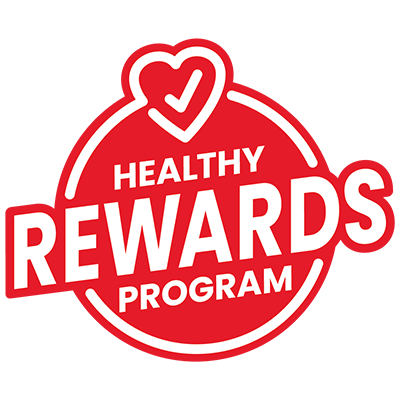SafeRide Health (SRH) is the new provider for all NEMT rides to doctor appointments and pharmacy visits.
Depending on your needs, rides may include wheelchair-lift-equipped vehicles, stretcher vans, minivans, or ambulatory vans. Please let SRH know what type of ride you need when scheduling.
SafeRide Health (SRH) es el nuevo proveedor de todos los servicios de transporte médico que no son de emergencia (NEMT, por sus siglas en inglés) hacia consultas médicas y farmacias.
Según tus necesidades, los servicios de transporte pueden incluir vehículos con elevador para sillas de ruedas, camionetas con camilla, minivans o camionetas ambulatorias. Por favor, informa a SRH qué tipo de transporte necesitas al programar tu traslado.

